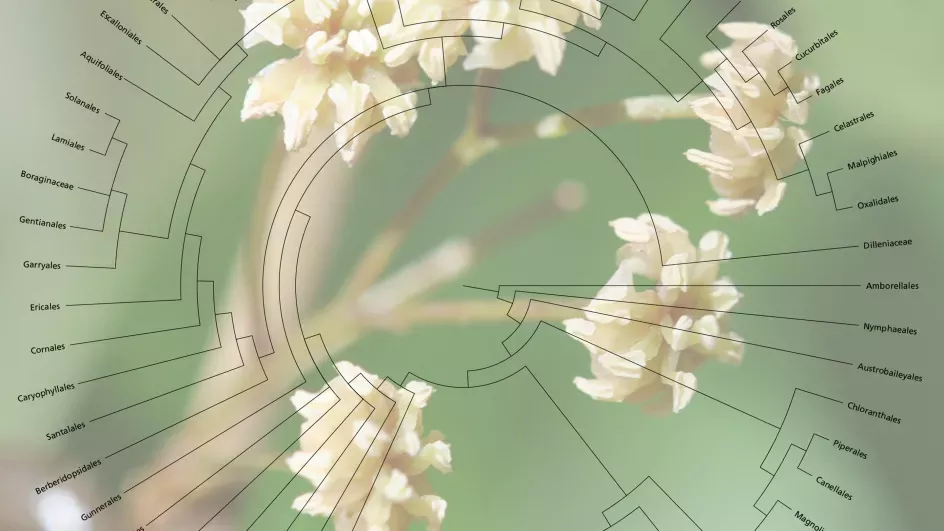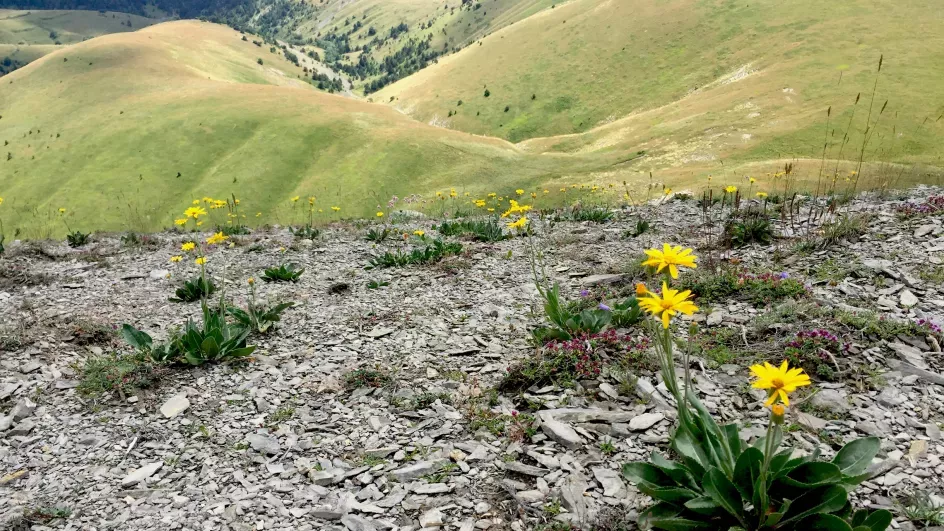Flow Cytometry Laboratory
Estimating genome size across the diversity of plants and fungi.

Our flow cytometry lab is a well-equipped facility which provides expertise and support in the use of flow cytometry for estimating genome size and/or ploidy level across the diversity of plants and fungi.
This expertise allows us to advise users and collaborators (both internally and externally) on their projects as well as provide advice on different protocols and experimental design. We are available to help throughout all stages of your experiment.
Facility staff provide full training and technical support to suit your needs, from total beginners to those who are more experienced. Training is normally provided on a 1-to-1 basis but small groups can be accommodated on request.
We also offer a genome size and/or ploidy estimation service – generating data for samples provided by the researcher. This is open to both internal and external scientists. The extent of data provided, and associated costs, are determined following discussions with the researcher. Typically, we encourage collaboration and, where appropriate, we would suggest that the scientist generating the genome size and/or ploidy data is included as an author if the data are published.
Equipment
Our lab is equipped with three high performance flow cytometers with optical benches optimised to detect propidium iodide and DAPI. These include:
- 1x Partec CyFlow SL
- 2x Sysmex Partec CyFlow Space
They are all fitted with 100 mW green solid state lasers (Cobalt Samba, Solna, Sweden) to maximize the detection of propidium iodide fluorescence.
These systems are flexible and simple, measuring a range (0.1 – 100 µm) of microscopic particles in suspension and have been shown to provide reliable genome size and ploidy data from a wide range of plant and fungi material.
Discover more
-

Plant and Fungal Trees of Life (PAFTOL)
Discovering and disseminating the evolutionary history of all plant and fungal genera.
-

Evolution of Asteraceae in the European Alps
Improving our understanding of the role of polyploidy and chromosomal rearrangements as evolutionary drivers in alpine ecosystems.